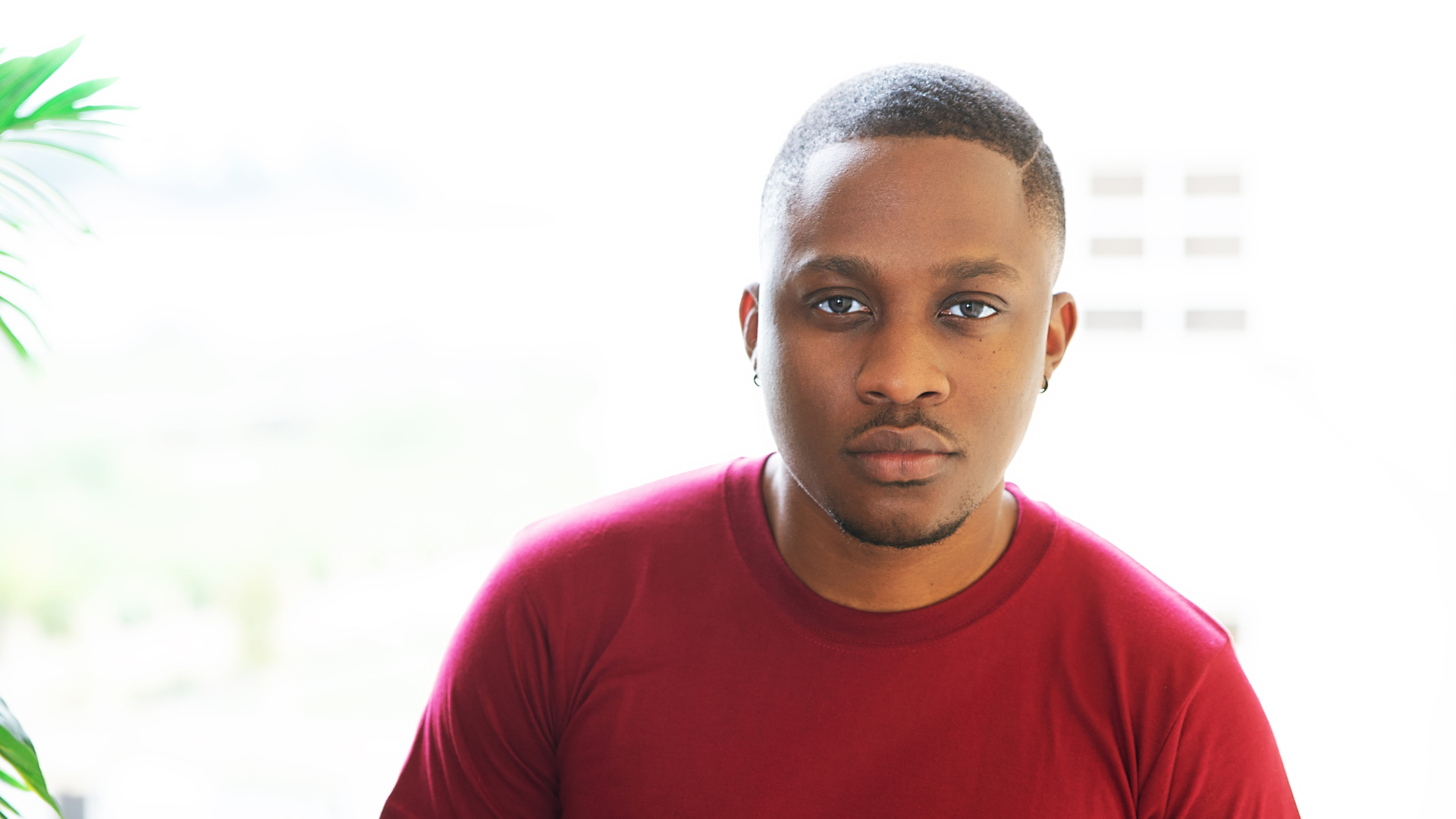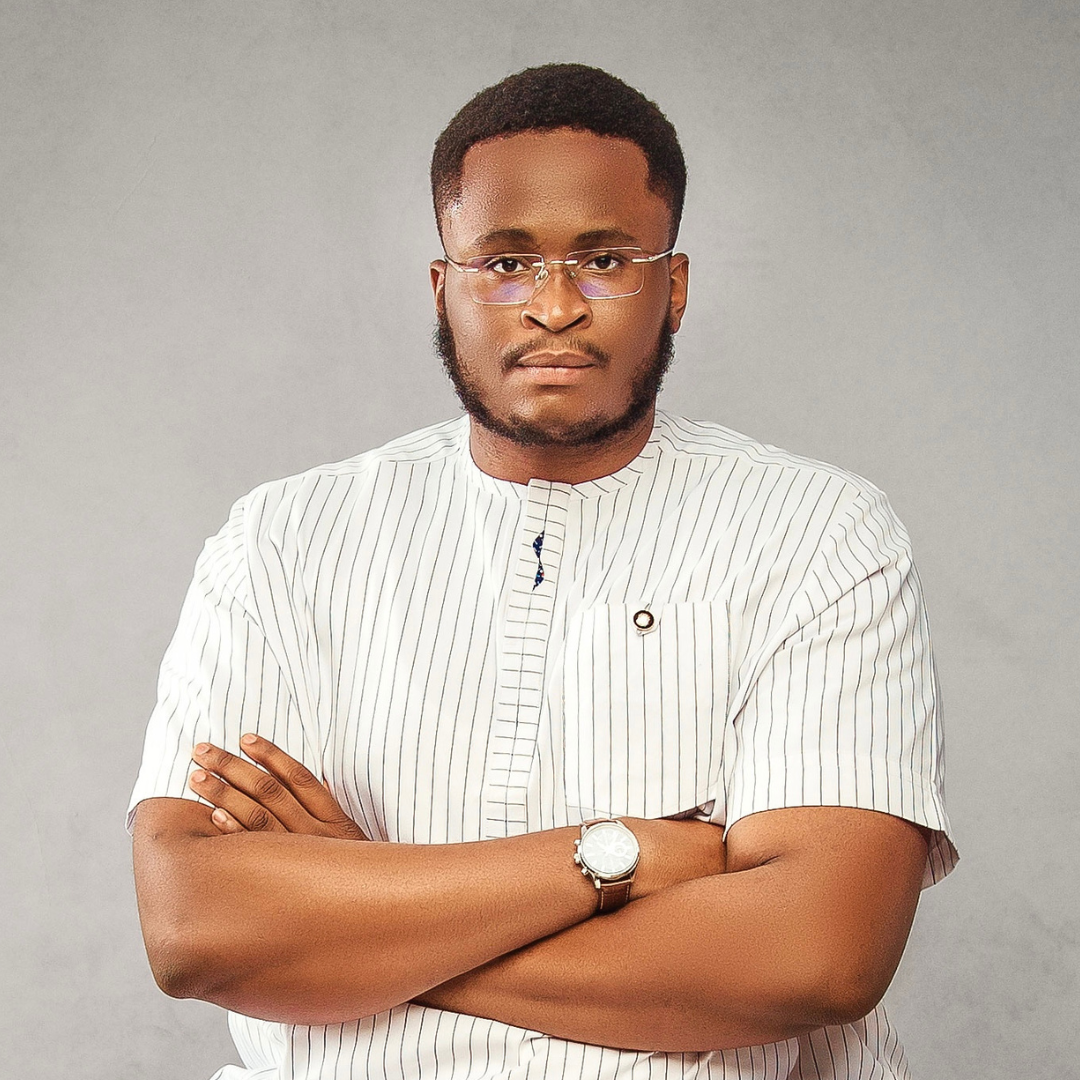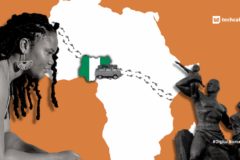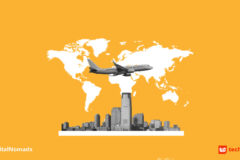Today’s digital nomad is a design engineer who has worked in 4 continents: Africa, Asia, Europe, and North America. After designing tech-enabled devices and shoes for Tecno, AFA Sports, and Thando’s, Funfere Koroye now lives in the UK where he is an Ambassador for TechNation and CEO of hardware and innovation startup Nupay Technologies (Nupay Tech)
In an hour-long conversation on Google Meet, Koroye shares with TechCabal how he’s ended up earning £5,000 per project working as a freelance hardware engineer.
First, what exactly does a design engineer do? I’ve heard of graphics designers, UI/UX designers, and even art directors. Design engineering is a first for me.
It’s exactly what it sounds like: we design the hardware of things; how they look, how they feel, and the materials used. We’ll direct the look and feel of the things you use, from laptops and phones to shoes and even toys.
So you guys are basically architects, but for everyday objects. How does one become a design engineer?
With a design engineering degree, you’re taught a facet of things. I should say that design engineering, as a degree, is not specific to one industry. You have to specify what industry you prefer while doing the course. Typically, in America where I studied, there are 4 industries for design engineers: furniture, footwear, transportation, and the tech industry. But within the Big 4, there are subsets like jewellery, bags, even boats. Regardless of the industry you specialise in, it all starts on pen and paper, as with any design work, whether UI/UX engineering or hardware engineering. You draw out the idea that you want to create, make a 3D version of that design, and a prototype of the 3D design is created at the factory. Most times, the prototype is a mould that’s used to create the pattern of hardware. Companies everywhere use design engineers. Nike and Adidas both hire design engineers and product designers to help them make their shoes. The funny thing is that the UI/UX folks have stolen product design from us; design engineers are the true owners of the term product design.
Is design engineering what you’ve always wanted to do though? Or is it something you stumbled upon?
Yes! I’ve always dreamed of being an inventor. When I decided on becoming an inventor, there weren’t really any options in Nigeria to help me achieve that goal so I had to look elsewhere. I looked at the US, I looked at Europe, the UK, and then finally settled on San Francisco. I was 17, in 2007, when I first made that journey, so that in itself was a bit crazy because I had never travelled out of Nigeria prior to that point. And, you know, that was the beginning for me.
So what was your first professional experience as a design engineer like?
My first real professional experience had me move all the way to China to intern for a shoe manufacturing company, and I loved it. In my last year in school in the US, I transferred to my college’s campus in China, and I fell in love with the country. There, I interned as a junior designer for a shoe company. Then after I graduated in 2012, I left the US and moved to Italy for a bit to work as a shoemaking apprentice which is also a part of design engineering. So with my first professional experiences, I dabbled a bit in a few aspects of design engineering.
Wow, the US, Italy and China in your early career. How long were you in these countries?
In the US, I was there for 5 years, but I had to leave once my student visa expired. I lived in Italy for a year, and in China, I’d say a total of 4 years. My first year in China was as a transfer student. Then, after I left Italy, I moved back to China to work for the same shoe company I had interned with. During that period [I was] shuffling between China and Nigeria. I finally had to leave China in 2016.
Oh, why did you leave? Sounds like you loved China.
It was difficult to get residence in China. China’s work and business visas only grant you 30 days’ residence, and after it expires, you have to go back to your country and reapply. You and your employer can apply for a temporary residence permit, but that often takes 6 weeks to process and even then is not a sure thing. Around the time I was there, the Chinese government also had strict rules, something to do with Nigerians flouting the rules, so it was even difficult to get Chinese employers to sponsor you. So after shuffling for a few years, my re-entry request was declined and I found myself back in Nigeria in 2016.
That must have been hard, moving back to Nigeria full-time right after your career had taken off.
Not really. Like I said, I was already shuffling between Nigeria and China so it wasn’t really hard for me to adapt. When I got back, I was applying for jobs in the most random of places. But I got an email one day from Tecno Mobile and they wanted me to join their design lab as a phone developer and industrial designer. The job gave me enough time to freelance in my role. That’s actually what led me to start specialising in one area of design engineering—tech-enabled handheld devices. So yeah, leaving China was sad but it put me on the path I am now which has seen me even found my own tech startup.
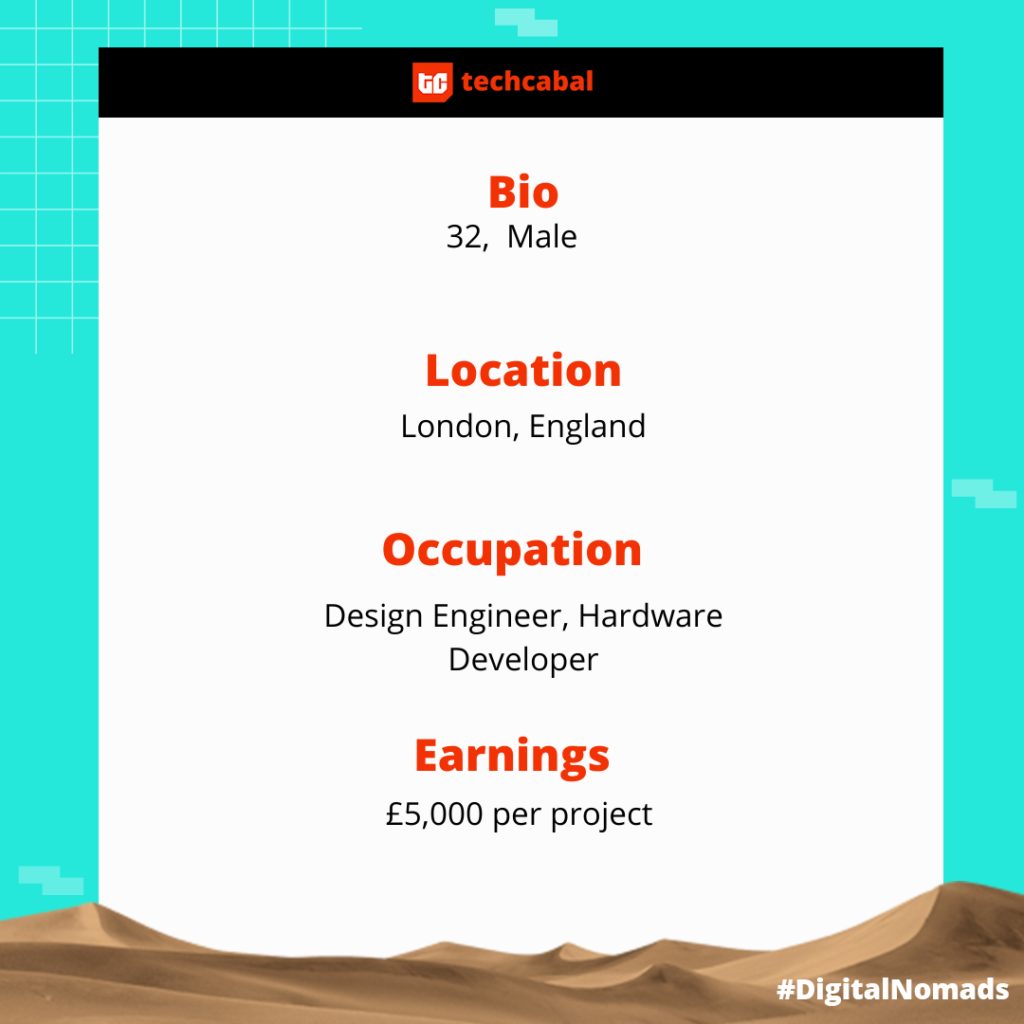
And how was the money through all this? How much does a design engineer earn?
It’s different for everybody, of course. When I was at Tecno, I was earning about ₦400,000 (~ $1,500) a month and this was in 2016, I believe, and I was 26 at the time. And it wasn’t exactly ideal because I initially asked for ₦800,000 ($3,000) a month, but they wouldn’t agree. After I left Tecno, I worked in other places where I was earning about ₦800,000–₦1 million ($3,800) a month. This continued right up until the pandemic when I moved to the UK. For freelance projects though, it depends on how much input they need for me, but it’s at least £5,000 per project. I’ve earned as high as £20,000 for a project.
Oh, so your taste for Nigeria didn’t last very long then. What changed?
COVID came, basically. I’d visited the UK before but I never really saw myself living there. But around the time the pandemic was winding down, I decided to build a hardware product for the LPG industry called Nugas (Nupe energy). Sadly, it didn’t take off but we did get some funding and traction. So it just dawned on me that I needed to leave Nigeria and get a different perspective on building products.
How did that pan out?
Short version, I’m now a Visa Ambassador for TechNation, the company that endorses visas for UK’s Global Talent Visa in the digital technology industry. So I’d say it really worked out well.
And the long story?
I had to think about how I could get into the tech space in London. That’s how I came across the Global Talent Visa and TechNation which is open to tech people with no less than 5 years of tech experience who can add to the UK economy. The great thing about this is that there are 2 categories, Exceptional Talent, for recognised leaders, and Exceptional Promise, for emerging leaders. And the requirements were quite minimal: I needed a stellar CV, a reference for good work, and my name in the press. And you know the best part?
Airport food?
Err, no. The best part about the Visa was that I wouldn’t need to stay in the UK for the duration of the Visa. The Global Talent Visa only requires you to stay in the UK for 6 months out of every working year you’ve applied for, and you can apply for up to 5 years. It means that I have 6 months to explore other countries, and do more things.
So you’re basically the poster boy for digital nomads. What’s been your favourite part of it?
I’ve worked in 5 countries now, but I’ve visited almost 20. To date and project, my favourite has to be my time freelancing for a solar hardware solar company in Tanzania called Jaza Energy. They DMed on LinkedIn and said they were looking to create the Tesla battery pack for Africa. So they flew me out to Zanzibar where I lived for a couple of months, all expenses paid. I think that’s one of the beautiful parts of being a digital nomad; your profile is out there on the internet, you’re not just in Nigeria, or wherever you are; you have access to the whole world. As long as somebody is willing to give you work somewhere. You literally are a citizen of the world, you know? I’ll say Zanzibar is my favourite place I’ve been to. But China is my favourite place I’ve lived in.
As an ambassador for TechNation, I also get to help other people experience this. It’s a non-monetary role but my job is basically to create awareness about the Visa and help applicants craft their applications.
What’s your least favourite part?
I’d say it’s been settling somewhere legally. As Nigerians, we often use studying to gain entry and residence in different countries. Lately, that has become more difficult. Even today, people have a hard time settling even after doing STEM degrees.
Finding a career path has also been tricky because no matter what you study, you still have to sort of pick where you want to see yourself within that industry, especially in the tech industry.
But it seems like you’ve found a trajectory that works for you. Are there any fears you have?
Like everyone else, I’m afraid of failure. What if I don’t live up to this, this whole tech bro thing, you know? I’ve got a number of eyes on me, and people who often reach out to say they want to do what I do. But I’m still afraid of failing, which is normal.
Everybody in the tech industry knows that in order to succeed, you have to fail a few times. We don’t discuss it enough but that fear is there in all of us.
* Dollar rate is equivalent to Nigeria’s exchange rate in 2016.
If you’d like to share your digital nomad story, please reach out to me at timi@bigcabal.com.
Enjoyed this article? Please share it with your networks on Twitter, WhatsApp, Facebook, LinkedIn and Telegram.







